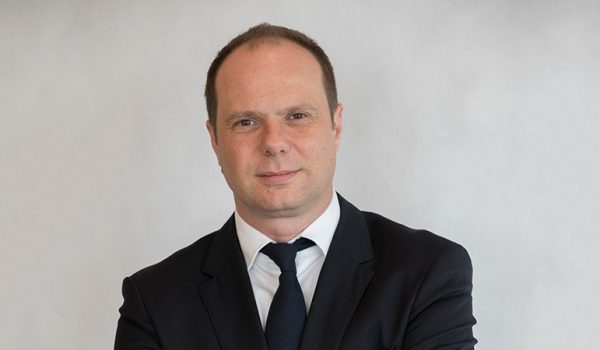Erik would be proud: Pendal’s new deal for ESG
by Greg Bright
Just as it did last year with a name change and global expansion statement for its mainstream investment strategies, Pendal Group is now adopting a global leadership position with ESG investing. It will capitalise on a long and important history in the ESG space.
The former BT Investment Management last week announced it would buy out its long-term government-controlled fiduciary partner, CSC (Commonwealth Superannuation Corporation) and take 100 per cent ownership of Regnan, an investment governance organisation, which has more recently become a total ESG advisory research and service provider.
The deal has benefits not only for Pendal and its clients, including CSC, but also for the ESG movement as a whole. Richard Brandweiner, the chief executive of Pendal Australia, will this week travel to London, for instance, to discuss how Regnan research and other work can be helped along and integrated with similar work by Pendal’s UK-based subsidiary, J.O. Hambros. He will be meeting with Aled Smith, the investment director of J.O. Hambros, and others, to specifically discuss Regnan alongside the other normal investment strategy issues.
Brandweiner said last week that the new arrangement of 100 per cent ownership meant that Regnan, which will remain an independent advisory organisation, would offer up new information sources such as broker research and extra corporate data. And it would also enable, for the first time, the business to go international with its research and advice.
“We believe that a closer alignment with the underlying [investee] companies will deliver a better outcome of investors,” he said. “[Regnan] will have more power and influence if they go to a company to talk about ESG but also have a better understanding of the corporate background and goals.”
As a business, Regnan was never a big money spinner, at least as it could be measured for its shareholders. It started life with the formation of a study unit within Monash University in 1996, known as the Monash Centre for Environmental Management. The Centre turned to Westpac for funding and other involvement and, lucky for them, encountered Erik Mather, an investment management business development manager.
Erik, the inaugural chief executive of what was initially known as BT GAS (BT Governance Advisory Services) caught the ESG bug and talked Westpac, which then owned BT, into building the Monash initiative into a business unit. BT GAS was formed in 2001 with several shareholders, including super funds CSC (then known as ARIA), HESTA, VFMC and Catholic Super.
As with many, or most, ground-breaking organisations with a group of shareholders, BT GAS had lots of issues about what it should be doing and how it should be doing it. Erik Mather had many ideas, but he had to convince the other parties all along the way. An active cyclist and swimmer, he died in 2011, in his 40s, from melanoma, leaving behind a wife and two children.
By then, however, BT GAS had become Regnan (in 2007) and was adopting a more independent position with both clients and shareholders. Importantly for the latest deal, 2011 was also the year the former BT bought J.O. Hambros and started to rebuild a global organisation.
Brandweiner said that Pendal was looking at ways to provide a permanent memory for the early work of Regnan’s leaders such as Mather and Joy Palmer. Palmer died in 2008 and was a trustee of CSC’s predecessor fund who also took an active involvement in championing ESG principles. This memory may take the form of an annual award or other such encouragement for ongoing development of the field.










